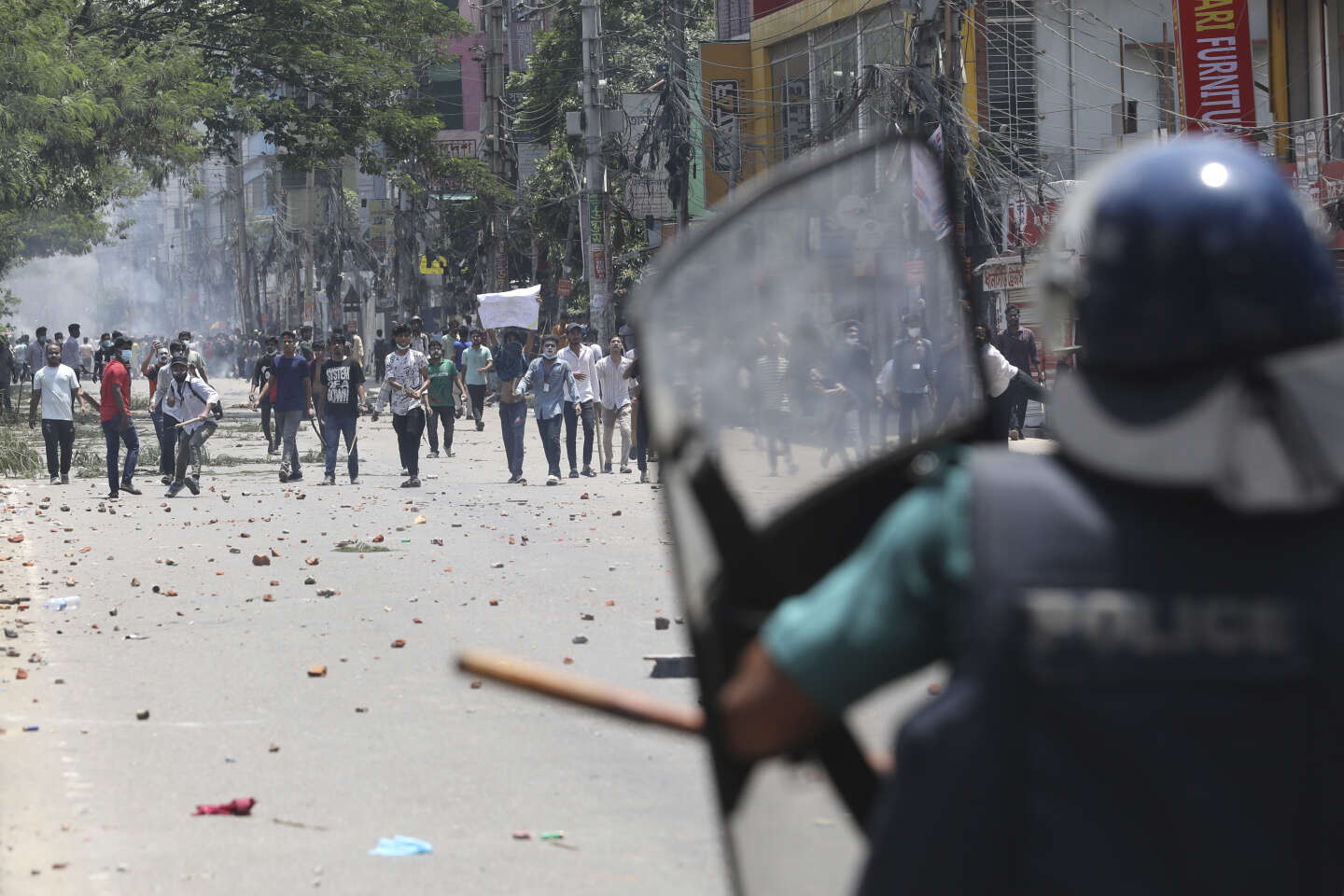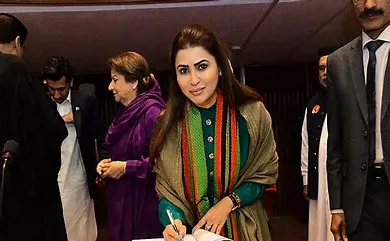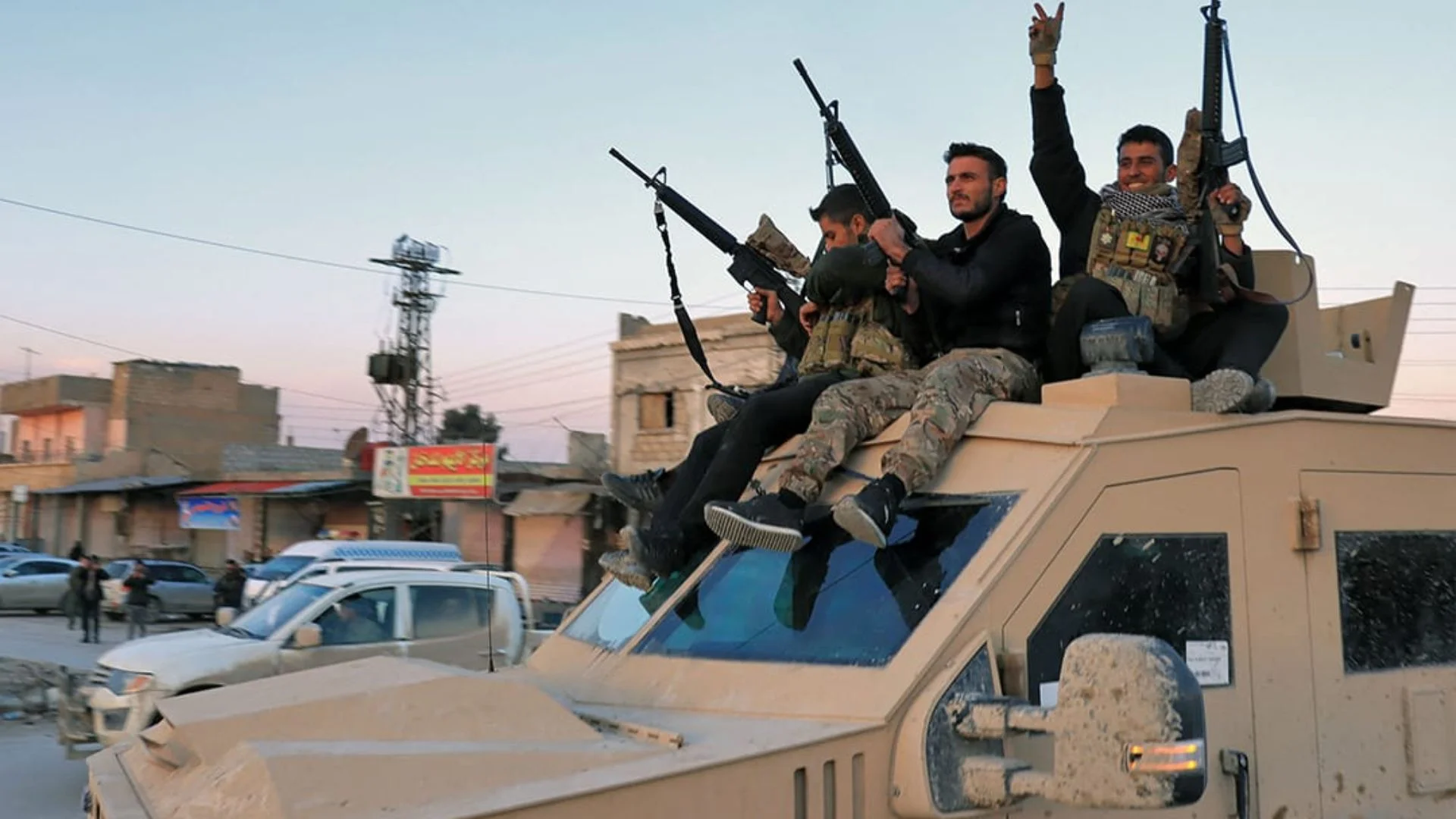The Bangladesh Supreme Court’s recent decision to abolish most of the controversial job quota system has led to a temporary halt in protests. The ruling, which now allocates 93% of government jobs based on merit while reserving 7% for ethnic minorities and descendants of freedom fighters, aimed to address widespread grievances about the quota system.
Despite this, demonstrations have been paused for 48 hours, with protesters demanding the restoration of internet services as a condition for their continued suspension. The military remains on patrol, and an internet blackout persists, impacting major media outlets and raising concerns about government transparency.
⚠ Update: Network data show #Bangladesh has now been offline for four days with a nationwide internet shutdown remaining in place amidst student protests ⏲
Protesters are calling for the restoration of telecoms, the release of detainees, and accountability for over 150 deaths. pic.twitter.com/RVn1i1TFJQ
— NetBlocks (@netblocks) July 22, 2024
The protests have resulted in significant casualties, with over 160 people killed and at least 532 arrested following clashes between demonstrators and security forces. Sporadic violence continues, and there are reports of injuries. The military’s involvement and the internet shutdown have drawn international scrutiny, with accusations that the government is presenting a biased narrative.
Originally triggered by the job quota issue, the protests have evolved into a broader opposition movement against Prime Minister Sheikh Hasina’s 15-year rule, which critics argue has become increasingly authoritarian.























